Hi all! I hope you’ve had a good weekend. I’m writing from NYC, where I celebrated the book with some of my friends and family this week. Now the boy and I are taking a little staycation time in the Big Apple before heading back to D.C. to pack up and say goodbye. It’s a busy time, and an exciting time. Here are my weekend reading finds.
Angela has created an ode to one of my favorite foods, toast. I could probably eat some form of toast (avocado toast, banana + almond butter toast, hummus toast) every morning, and her post gives me plenty of creative inspiration. Gorgeous.
Things that would be great on toast: this beautiful cannellini bean hummus from Hortus.
I can always count on Kristy for mouth-watering recipes, but she has officially outdone herself with this hearty “filet-o-chickpea” sandwich with tartar sauce slaw. What a lunch!
I often talk about how, when it comes to recipe development, I think more in templates than I do particular recipes. I think that’s why I’m so enamored with Wendy’s delicious and simple “greens and beans stuffed portobello mushrooms over herbed barley with a creamy vegetable sauce.” Rather than supplying a recipe, Wendy simply walks you through the steps it took to put the components together. It’s a hearty, complete, and ultra-nutritious meal, and she makes it look really easy.
Vegan Dad‘s blog was one of the very first vegan blogs I ever read; we’re talking 2007 here! I loved Nathan’s wholesome and hearty vegan interpretations of classic recipes, and I still do. He took some time away from regular blogging, but now he’s back, and I couldn’t be happier. This gorgeous strawberry rhubarb shortcake is at the top of my dessert list (and his book is on my wish list, too).
Reads
1. One of my readers directed me to this article in the Times about zoo animals, the behavioral afflictions that befall them, and one particular animal behaviorist who tries to help. She was right to think I’d like the article, even though the images and some of the stories broke my heart open. I was particularly struck by these grafs:
“The notion that animals think and feel may be rampant among pet owners, but it makes all kinds of scientific types uncomfortable. “If you ask my colleagues whether animals have emotions and thoughts,” says Philip Low, a prominent computational neuroscientist, “many will drop their voices to a whisper or simply change the subject. They don’t want to touch it.” Jaak Panksepp, a professor at Washington State University, has studied the emotional responses of rats. “Once, not very long ago,” he said, “you couldn’t even talk about these things with colleagues.”
That may be changing. A profusion of recent studies has shown animals to be far closer to us than we previously believed — it turns out that common shore crabs feel and remember pain, zebra finches experience REM sleep, fruit-fly brothers cooperate, dolphins and elephants recognize themselves in mirrors, chimpanzees assist one another without expecting favors in return and dogs really do feel elation in their owners’ presence. In the summer of 2012, an unprecedented document, masterminded by Low — “The Cambridge Declaration on Consciousness in Human and Nonhuman Animals” — was signed by a group of leading animal researchers in the presence of Stephen Hawking. It asserted that mammals, birds and other creatures like octopuses possess consciousness and, in all likelihood, emotions and self-awareness. Scientists, as a rule, don’t issue declarations. But Low claims that the new research, and the ripples of unease it has engendered among rank-and-file colleagues, demanded an emphatic gesture. “Afterward, an eminent neuroanatomist came up to me and said, ‘We were all thinking this, but were afraid to say it,’ ” Low recalled.”
Of course there’s fear surrounding the idea of animal consciousness. To acknowledge the emotional lives and thoughts of animals is to confront the moral inconsistencies that suffuse our treatment of them. It opens to the door to recognizing that the animals we readily commodify or consume are as capable of feeling pain, joy, or anxiety as the companion animals we are so deeply attached to. It means acknowledging that we may not have a monopoly on consciousness or intelligence. It means recognizing that the way we treat animals must necessarily result in tremendous suffering, and loss.
2. My friend Robyn responds with sadness and frustration to pro-weight loss imagery on Instagram. The anecdote she uses as a means of introducing the topic is a sad one; it involves her witnessing an Instagram acquaintance’s tremendous weight loss (and probably ED). These stories deserve nothing but empathy and sadness. But I can relate strongly to Robyn’s fury at the way in which certain social media outlets (Instagram particularly, because it is so visually driven) can fuel and compound the pursuit of unattainable or dangerous physical ideals.
3. A cool new study, published in the British Journal of Nutrition, which serves as a meta-analysis of organic vs. conventional food. I’ll quote from the abstract:
“In the present study, we carried out meta-analyses based on 343 peer-reviewed publications that indicate statistically significant and meaningful differences in composition between organic and non-organic crops/crop-based foods. Most importantly, the concentrations of a range of antioxidants such as polyphenolics were found to be substantially higher in organic crops/crop-based foods, with those of phenolic acids, flavanones, stilbenes, flavones, flavonols and anthocyanins being an estimated 19 (95 % CI 5, 33) %, 69 (95 % CI 13, 125) %, 28 (95 % CI 12, 44) %, 26 (95 % CI 3, 48) %, 50 (95 % CI 28, 72) % and 51 (95 % CI 17, 86) % higher, respectively. Many of these compounds have previously been linked to a reduced risk of chronic diseases, including CVD and neurodegenerative diseases and certain cancers, in dietary intervention and epidemiological studies. Additionally, the frequency of occurrence of pesticide residues was found to be four times higher in conventional crops, which also contained significantly higher concentrations of the toxic metal Cd [cadmium].”
I’m often asked if I always eat organic, and the answer is no; I do my best to eat organic as often as I can. It can fluctuate with convenience or cost. But this is certainly good motivation continue making an effort in that direction.
4. My friend Erin, who writes the super blog Naturally Ella, is a whiz with home-milled, whole grain flours. (She’s even written a book about them!) I thought you might enjoy The Kitchn’s interview with her; she has so many inspiring and cool things to say about why we all should be a little less afraid of milling (and working with) wholesome flours at home.
5. As usual, Ginny Messina cuts through the noise and gets down to the facts. This time, she’s addressing a recent Salon article entitled “Is Veganism Child Abuse?” The article describes one Sarah Anne Markham, whose baby was admitted to a local hospital with severe dehydration. The authorities were alerted because the baby’s pediatrician had voiced concern during an office visit, and Markham, a vegan, had refused the hydrating medicine offered. Instead, she said she wanted to pursue a “religion-based treatment” and contact a natural doctor. The article then goes on to detail child abuse cases in which parents who identified as vegans were starving their babies, literally.
Vegan diets are not dangerous, either for adults or for children. The American Academy of Nutrition and Dietetics and the American Academy of Pediatrics state that vegan diets are safe and appropriate for babies, and hosts of vegan parents can validate the science with their stories of raising happy, healthy kids. The issue in these horror stories is not that parents had selected to raise their children as vegans; the issue is that these parents were denying their children adequate nutrition.
It’s a tragic fact that there will always be some parents who fail to take care of their childrens’ health. Some of them will be omnivores, and a small number will be vegan. Because vegans are still a minority, and because many folks find veganism threatening or distasteful, the small number of vegan parents who happen to be unstable or irresponsible or abusive are bound to generate media attention. They’re bound to be held up as evidence that veganism is inadequate. It’s crucial, though, for the public to recognize that the parents are to blame, and not veganism itself. As a society, we don’t point to each and every child who is starved or made ill and conclude that omnivorism is to blame; we blame child abuse, and child abuse is also to blame in the Markham case. And while we’re on the topic, it’s important to respond to Salon’s suggestion that parents can successfully raise vegan kids with “considerable thought, education, and self-care to assure they are getting adequate nutrition.” All parents–omni and vegan alike–must feed their children with thought, education, and self-care. Vegan parents aren’t alone in this; they just happen to be educating themselves about a different dietary paradigm.
Before I go, I wanted to link up to an incredibly kind review of my book that Valerie (author of the blog City Life Eats) wrote this past weekend. Valerie was one of my recipe testers, so she has plenty of inside knowledge about the book and the food it contains. Still, I was really moved by her generous words: “Choosing Raw, both the book and the blog, is quintessentially Gena – thoughtful, compassionate, inspiring and humble and, at the same time, informative, warm, and sensible. Like the blog, the book is also beautifully written . . . Gena writes about being a raw foods enthusiast and provides guidance on how to add more raw vegan foods to your diet in a completely judgment-free, relatable way. The book is chock-full of information on leading a vegan lifestyle, how raw foods can be beneficial (regardless of whether you want to adopt a raw-leaning lifestyle), and then introduces you to the food using an approach of building blocks.”
Valerie also shares my recipe for avocado and black bean “scramble.” Check the post out!
Have a good evening, friends.
xo
You might also like
Happy Sunday, friends. Hope the weekend has been good to you. My big news this week is that my new cookbook, Power Plates, is officially available for pre-order whenever books are sold! The on-sale date is January 23, which seems far away now, but the time will fly, and it’s incredible to me that it’s all becoming real. At this time last year, I was still in the thick of the recipe testing process, my kitchen a perpetual gauntlet of dirty dishes. It felt…
I wrapped up my summer coursework this week, including my Program Planning class, which was not exactly what I thought it would be. I was expecting us to spend a lot of time writing guides, studying policy, and reading briefs and papers, as we have in other classes that are geared toward public health initiatives. Instead, we spent nearly the entire class discussing Ann Fadiman’s The Spirit Catches You and You Fall Down. It’s a book I read a long time ago, because…
Last weekend, I mentioned that I have a tendency to try to fix or manage difficulties as soon as they arise. This can be a good thing, at least when it comes to concrete problems that demand ready solutions. It can also be a handicap, especially when the issue at hand defies easy troubleshooting. In trying to “fix” something that’s inherently complex, I sometimes create difficulty, rather than alleviating it. When this happens it’s often because I appeased my aversion to discomfort–I wanted the problem to go away quickly, so…
A week-long head cold wasn’t how I planned to begin 2019, but the nice thing about having some time off from the DI is that I’ve been able to absolutely nothing in the last few days, aside from drinking tea, answering emails from my phone, and catching up on television. In the past, I’ve been great at talking about the importance of rest and slowing down, very bad at actually doing those things without an overlay of guilt or nervousness about what isn’t…


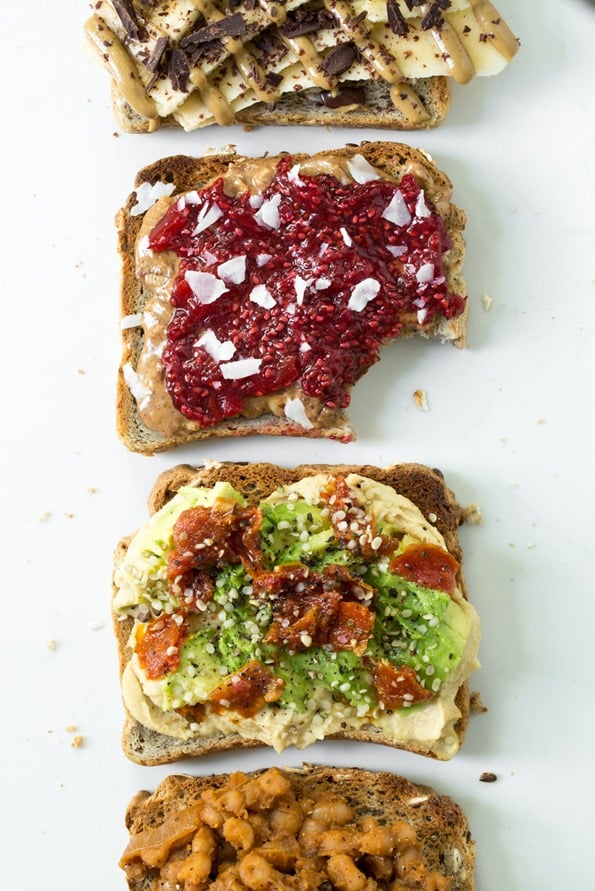
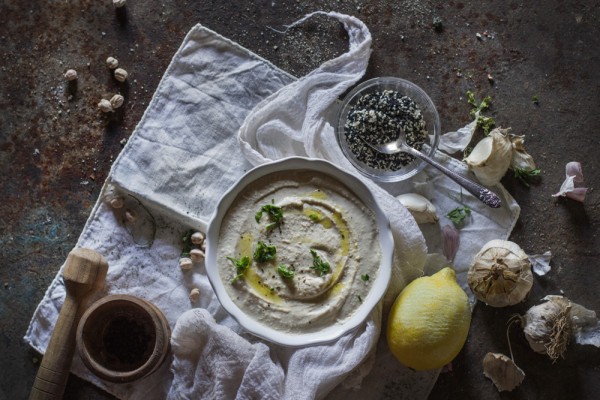
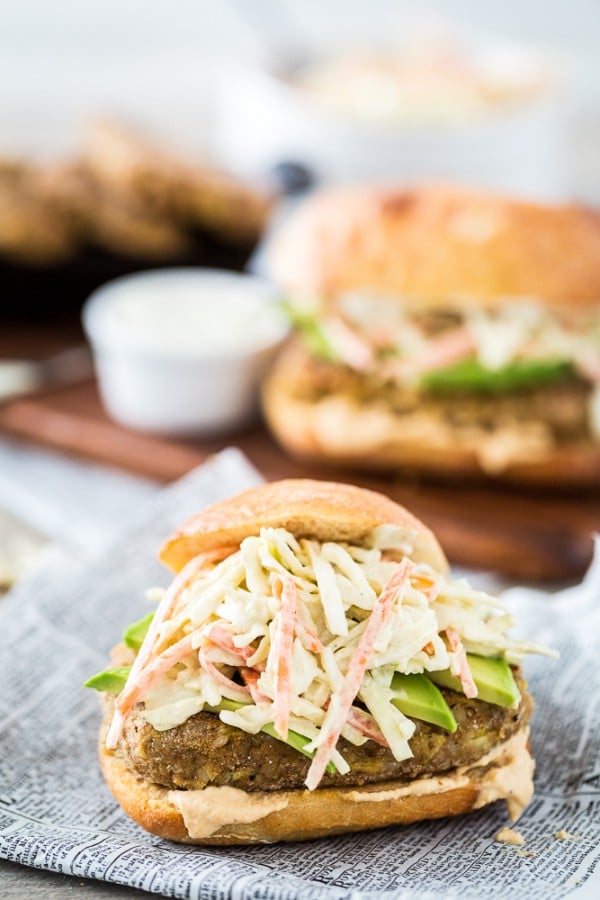
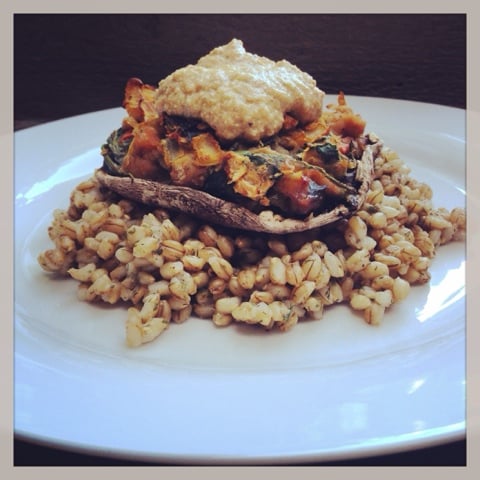
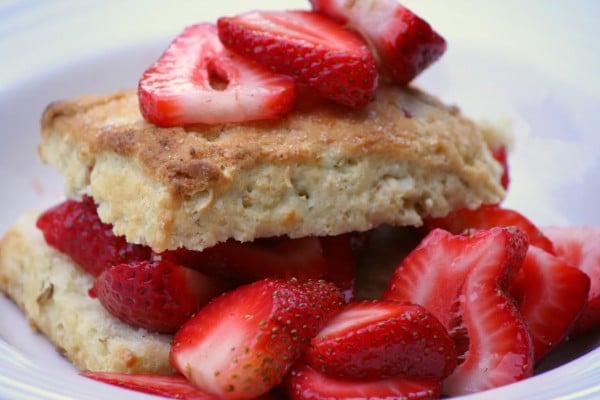
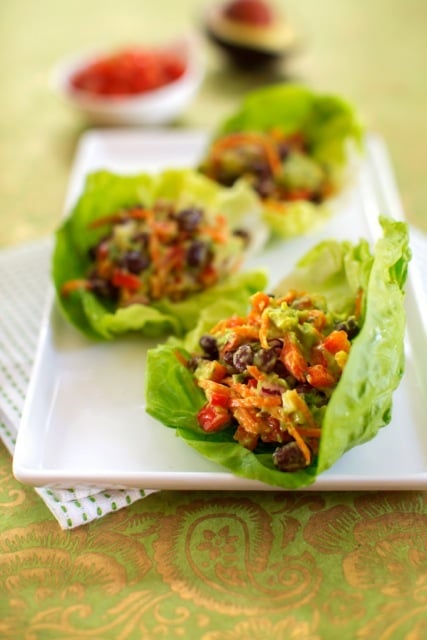
Leave a Comment
These images are cool!! avocado and black bean recipe I will try.
Love the piece about Zoo animals and intelligence. My favorite quote is from Eistein, ” Everybody is a genius, but if you judge a fish by its ability to climb a tree, it will live its whole life believing that its stupid’ – love that. We can’t think like animals and therefore, mostly don’t know how they think or to what degree they have cognitive reasoning, particularly in the wild.
I also wanted to say something about Em’s comment about the posting Robyn wrote. After reading that post, and thank you Gena for highlighting it, I was curious enough to do some searching on Instagram. She’s exactly right and I easily found hundreds of girls who were seeking attention about their weight loss techniques. One was particularly disturbing as she listed the minutes she had been in an ice bath, trying to burn calories. As Robyn noted, many other girls joined in the discussions eagerly wanting more and more information on how to freeze themselves to be ”virgin think” as they put it. I’ve never had an eating disorder but I have lived a life of trying to be a healthy weight and I didn’t think that Robyn’s piece should be dismissed as easily as was suggested because of her phrasing near the end about food. I thought that she was genuinely moved, as I was, in trying to figure out a way to get to some of these girls. Many that I read on Instagram seemed much more suicidal than just wanting to be thin and its a real problem out there for girls. I don’t know how to treat ED of course. But I’d hate to see someone not bring attention to a growing problem on line just because of adjectives they used. I personally have a horrible time putting my thoughts to the page and please don’t dismiss what I’m trying to convey, the meaning being from my heart, just because I’m too cliche in my wording. I think Robyn truly feels what she wrote in wanting to stop what these girls are putting themselves through. We need to be as kind to each other as we are to our animal friends in my mind. Thanks Gena for shining a light on the whole discussion. ♥
These food pictures are gorgeous!
Just an FYI, both of the links in #5 link to the Salon piece, rather than Ginny’s piece. Thanks for the great reads! xo
Really enjoyed reading Ginny Messina’s thoughts on the Florida case. It amazes me how people can feed their kids primarily fast food and Hot Pockets and no one bats an eye, but the minute the “v word” comes up, everyone freaks out.
I followed the link to Robyn’s blog and while I admired her promotion of healthy living and body acceptance, I was troubled by her use of the phrases “clean healthy” and “naughty” as they relate to food. While this article initially sounds very body positive, as someone with a history of E.D., I would not follow a blogger who conveys any sort of guilt over one’s relationship with food.
Thanks for your comment, Em. I totally agree with you about that kind of language.
Angela’s post on toast definitely caught my eye as well. I’ve always wanted to make a full English breakfast and incorporate beans on toast!
Love Vegan Dad too! I read his blog for a long time before realizing I didn’t have his patience or inclination to bake, but I’m glad he’s still blogging.
I just returned from a trip to D.C and was thinking the entire time, Where Would Gena Eat? In any case, I’m glad to be home and hope you enjoy yr NY staycation.
Gena, thanks for continuing your weekend reading series! I love getting caught up every Monday with all your interesting finds : )